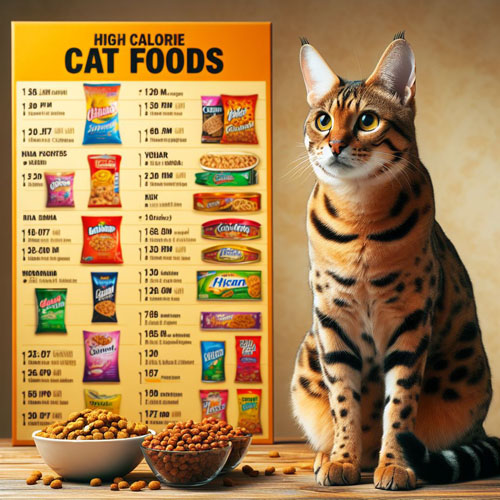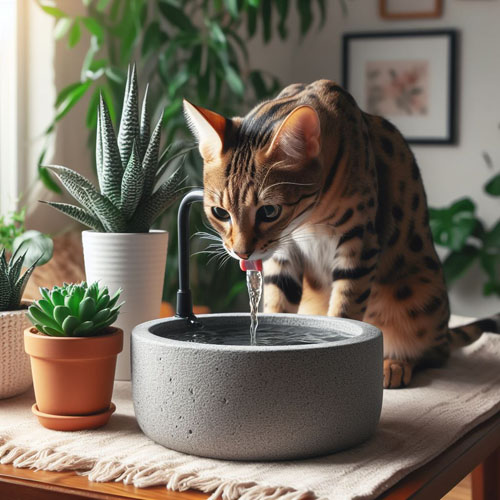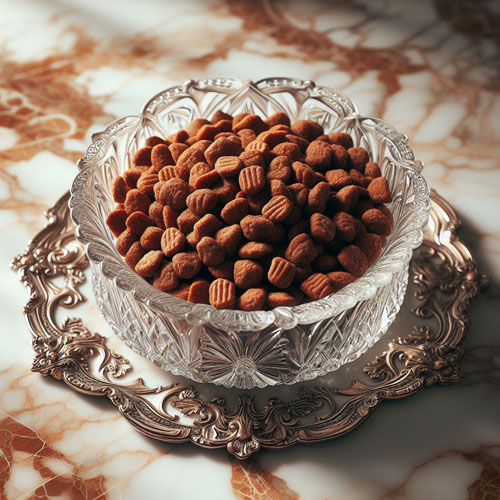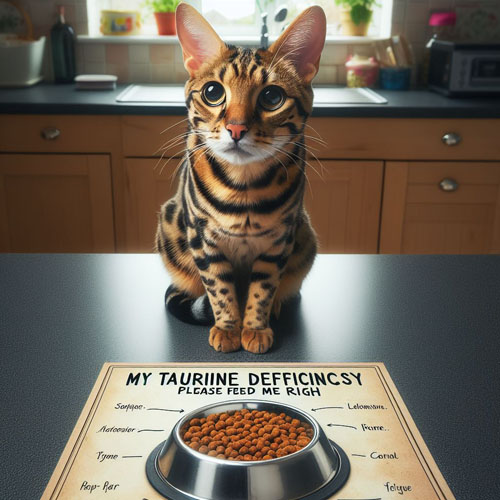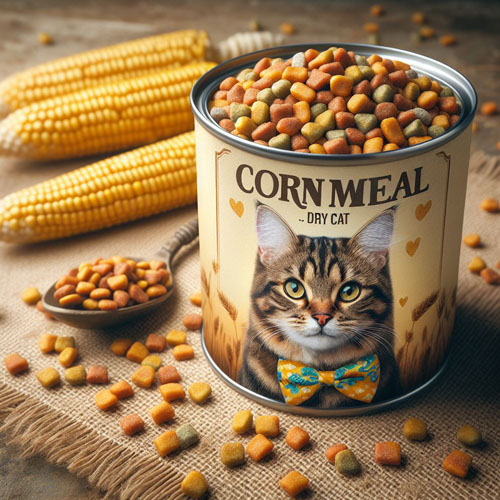Peas in Dry Cat Food: Are They Beneficial or Detrimental?
When it comes to selecting the best dry cat food for our furry companions, it’s essential to consider various factors such as nutritional composition, ingredient quality, and potential allergens. One controversial ingredient that has gained attention in recent years is pea protein. While some argue that it provides a natural source of protein and fiber, others claim that it may be harmful to feline health. In this article, we will explore the potential benefits and drawbacks of using peas in dry cat food, helping you make an informed decision for your beloved pet.
First and foremost, peas are often included in cat food formulas as a supplementary protein source. They offer a plant-based alternative to animal proteins, which can be beneficial for cats with food sensitivities or allergies. Pea protein is considered a hypoallergenic ingredient that is less likely to trigger digestive issues or adverse reactions in cats with dietary restrictions. Additionally, peas are rich in amino acids, which are the building blocks of proteins, aiding in muscle development and overall health.
Furthermore, peas are a great source of dietary fiber. Fiber plays a crucial role in promoting healthy digestion and preventing common feline issues like constipation. It aids in moving waste through the digestive tract and maintains regular bowel movements. Peas also contain vitamins and minerals, including vitamin C, vitamin K, and manganese, which contribute to a well-rounded diet for cats.
Despite these potential benefits, critics argue that pea protein may have adverse effects on feline health. One particular concern is the high carbohydrate content of peas, which can potentially lead to weight gain and, in turn, obesity. Cats have a limited ability to convert carbohydrates into energy, making it crucial to prioritize animal-based proteins in their diets. Excessive carbohydrate intake can disrupt their metabolism and contribute to various health problems, including diabetes and inflammatory bowel disease. Enzyme inhibitors found in legumes like peas and beans can interfere with digestion and may be responsible for taurine and other amino acid deficiencies in cats. These deficiencies can also lead to DCM (Dilated Cardiomyopathy) heart disease in both dogs and cats.
Moreover, some experts claim that pea protein may interfere with proper nutrient absorption. Cats have specific dietary requirements, including the need for taurine, an essential amino acid. Pea protein does not naturally contain taurine, and if it substitutes a significant portion of the diet, it may lead to an imbalanced taurine intake, resulting in serious health complications. Therefore, it is crucial for pet owners to carefully select cat food brands that ensure the inclusion of necessary nutrients.
When considering the inclusion of peas in dry cat food, it is vital to pay attention to the overall nutritional composition and quality of the product. Peas should be used as a supplementary ingredient rather than a primary protein source and should be balanced with animal-based proteins. Cat food formulas that contain a well-rounded mix of high-quality proteins, limited carbohydrates, and essential nutrients will provide the optimal balance for feline health.
In conclusion, the inclusion of peas in dry cat food can have both positive and negative implications. While they offer a plant-based protein alternative and beneficial fiber content, their high carbohydrate levels and potential interference with nutrient absorption should not be disregarded. As responsible pet owners, it is essential to consult with a veterinarian to determine the best cat food option that meets your feline companion’s unique needs. Ultimately, providing a well-balanced diet that prioritizes high-quality animal-based proteins will always be the best choice for your beloved cat’s health and happiness.

